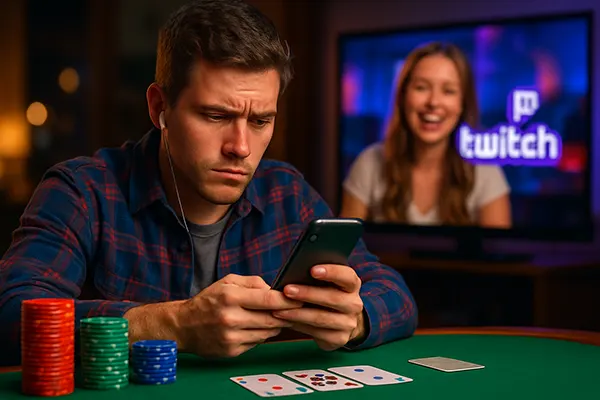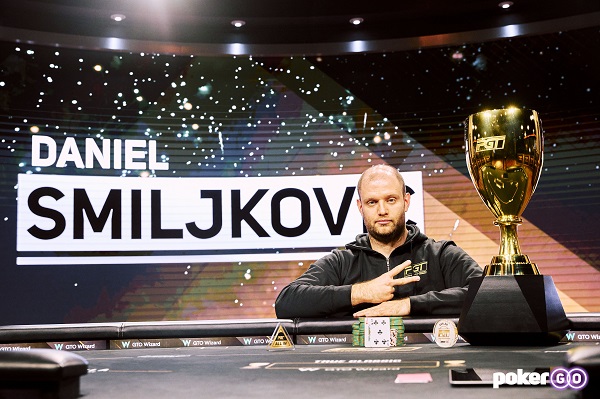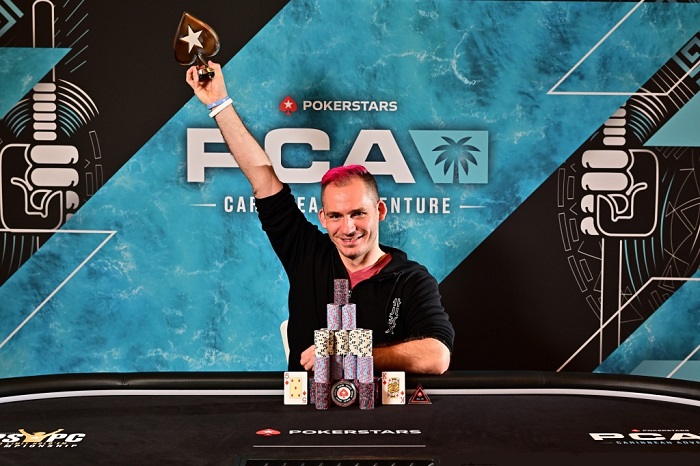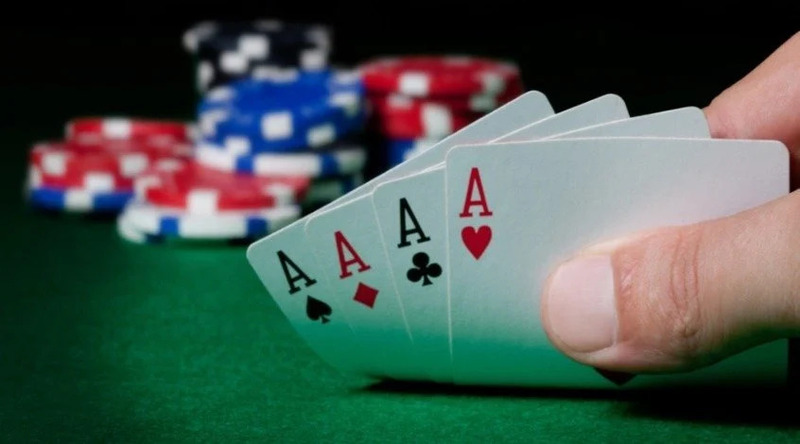
How TikTok and Short-Form Content Are Changing Poker Player Psychology
In recent years, the psychological landscape of poker has undergone a major transformation. This shift isn’t due to changes in rules or strategy, but rather in how players interact with digital content. The rise of short-form videos, particularly on TikTok, has reshaped attention spans, emotional control, and decision-making habits. Let’s explore how this new wave of media is influencing modern poker players and what this means for the game itself.
Short-Form Content and the Erosion of Attention Span
Poker has long been a game of patience, observation, and strategic timing. However, TikTok’s rapid-fire entertainment model encourages quick gratification and minimal cognitive investment. For many, especially younger players, this has led to a significant decline in attention span. They find it increasingly difficult to stay focused during long poker sessions, often losing concentration after just a few hands.
Unlike the past, where grinding for hours was a sign of discipline, today’s players are more prone to impulsive moves and faster play, potentially sacrificing long-term strategy for short-term action. This tendency is not just anecdotal—many online tournaments show a pattern of earlier eliminations and more erratic play among newer entrants influenced by social media habits.
In response, some poker training platforms have started including attention exercises and mindfulness practices in their curriculum. While short videos provide quick dopamine hits, poker rewards the slow burn—a reality that requires deliberate mental training in the modern age.
Shift in Learning Patterns and Strategy Consumption
Historically, poker education relied on books, long-form videos, and live analysis. Today’s players prefer 30-second clips promising “one killer move” or “secret hacks.” While this can democratise access to knowledge, it often results in surface-level understanding. Players consume content rapidly but don’t always retain or contextualise what they’ve learned.
Moreover, algorithms push similar content repeatedly, reinforcing simplified concepts and discouraging deep dives into game theory. This creates an illusion of mastery that can be dangerous at the tables. A player may enter a high-stakes game believing they’re equipped, only to be outmatched by someone with deeper, more comprehensive knowledge.
This new model of learning has led to a rise in mimetic behaviour—copying flashy moves seen in clips without understanding their strategic purpose. It’s no surprise then that poker forums are full of threads debunking popular TikTok trends that fall flat in real gameplay.
The Emotional Highs and Lows: Dopamine and Tilt
Short-form content thrives on emotional spikes—humour, shock, outrage, excitement. This constant rollercoaster conditions viewers to seek similar emotional rewards in other parts of life, including poker. However, poker’s structure is different: it’s a game where calm heads often win, and patience can be more powerful than passion.
Players conditioned by TikTok may enter games expecting frequent action and fast payoffs. When faced with long dry spells, bad beats, or slow hands, they’re more susceptible to tilt. Emotional regulation becomes harder, leading to poor decision-making and bankroll mismanagement.
Some poker apps have noticed this and are integrating more gamified elements, quick challenges, and visual rewards to retain these players. But while this may keep them engaged, it also risks reinforcing the same dopamine cycles that hinder long-term growth.
Changing Social Dynamics at the Table
Table talk and social reading used to be essential in live poker. But younger players, shaped by screen-based interaction, often prefer digital engagement to real-world communication. At the felt, this can translate into decreased social awareness and weaker bluff detection skills.
Moreover, the performance culture on TikTok—where players stream sessions and highlight “sick bluffs” or “epic wins”—alters in-game behaviour. Decisions are sometimes made for the camera, not for the pot. This prioritises entertainment value over optimal strategy.
This performative mindset introduces a new psychological layer. Some players may feel pressured to create viral moments, skewing their risk assessment. It’s no longer just about winning; it’s about being seen winning in a way that will trend.

Building Mental Resilience in the TikTok Era
As content ecosystems evolve, so too must the way poker players approach the mental side of the game. Short-form content isn’t going anywhere, but its influence can be managed. Developing discipline, focus, and emotional awareness has never been more important in counterbalancing the instant gratification loop that apps like TikTok promote.
Practices like journaling, session reviews, and meditation are making a comeback among serious players. These tools help rewire the brain toward patience and presence—qualities vital for long-term poker success. It’s a quiet rebellion against the rush of viral trends.
Some teams are even hiring mental coaches to work with young professionals. By integrating psychological training into daily routines, they’re preparing players to navigate both the poker table and the digital content flood.
What the Future May Hold
If current trends continue, we may see poker evolve in two directions: fast-paced, entertainment-first formats for the TikTok generation, and deep-strategy environments for the traditionalist core. Both can coexist, but the challenge will be bridging the gap without diluting the game’s essence.
Tournaments may start to feature shorter levels or highlight reels for spectators, while private coaching and closed-study groups will preserve the slow, analytical craft of elite play. This bifurcation could define the next decade of poker culture.
Ultimately, the psychology of poker is shifting because the psychology of people is changing. Recognising this is the first step toward mastering not just the cards, but also the mindset required to stay ahead in a rapidly evolving landscape.
Popular topics
-
 Daniel Smiljkovic’s Triumphant ...
Daniel Smiljkovic’s Triumphant ...In a stunning display of skill and strategy, Daniel …
-
 Justin Bonomo: The Journey to Becomin...
Justin Bonomo: The Journey to Becomin...Justin Bonomo’s journey in the poker world is a …
-
 What is SPR in poker?
What is SPR in poker?The game of poker requires knowledge of many aspects …
